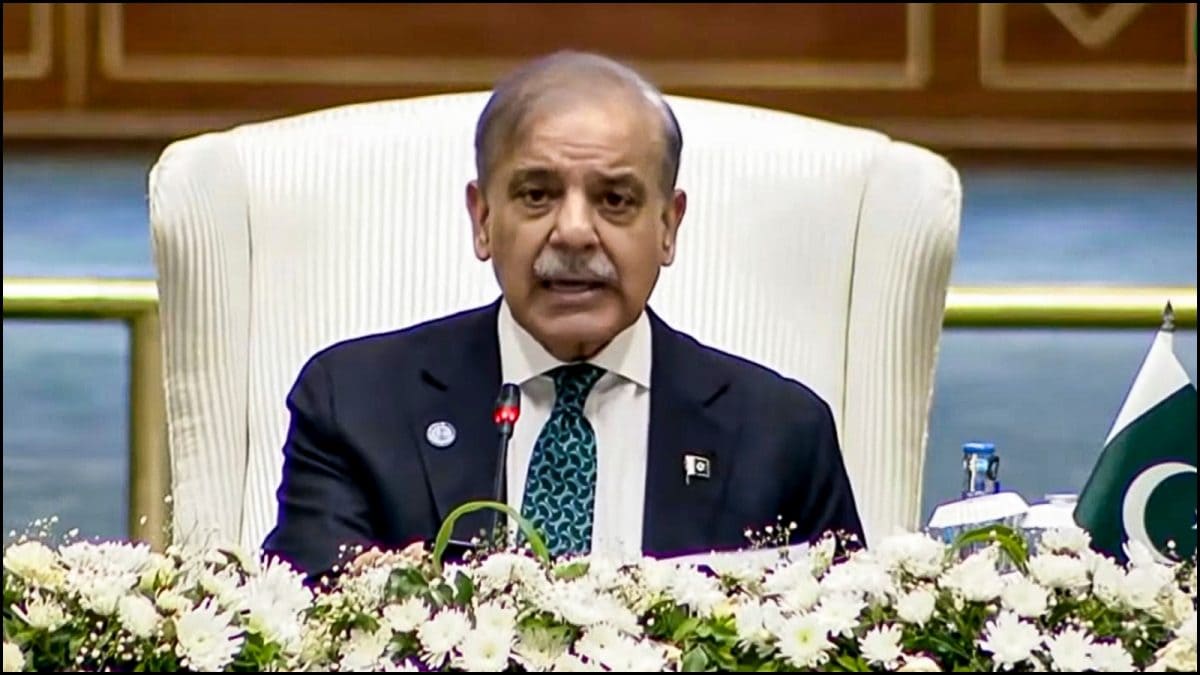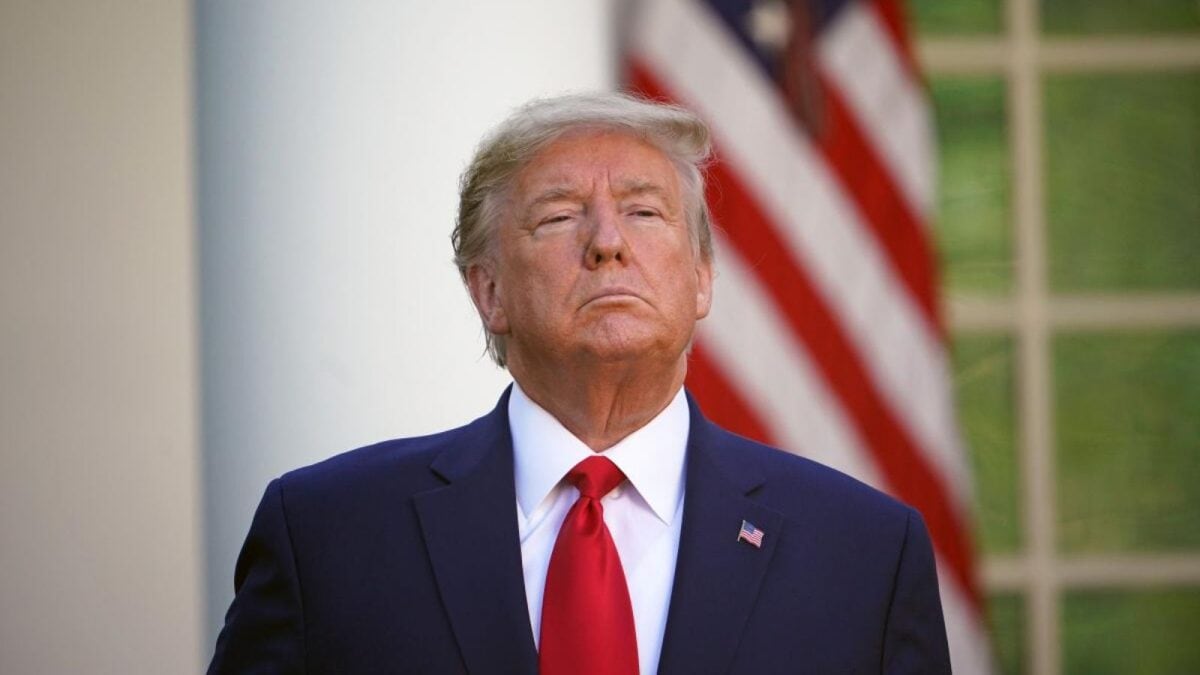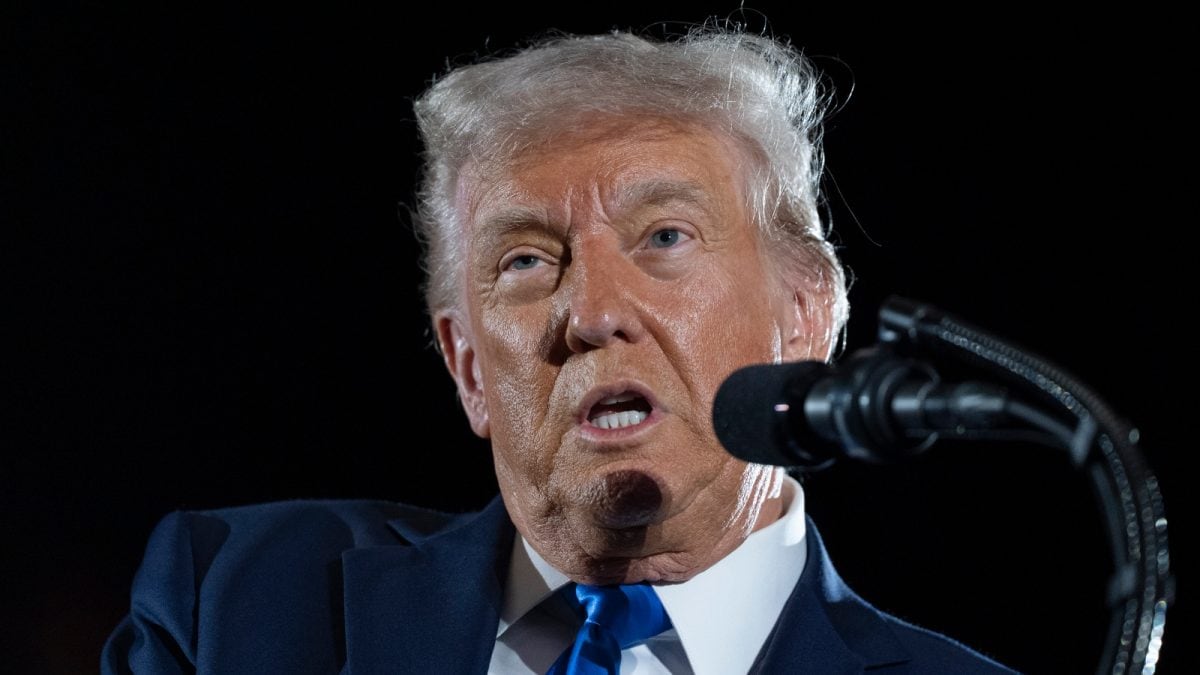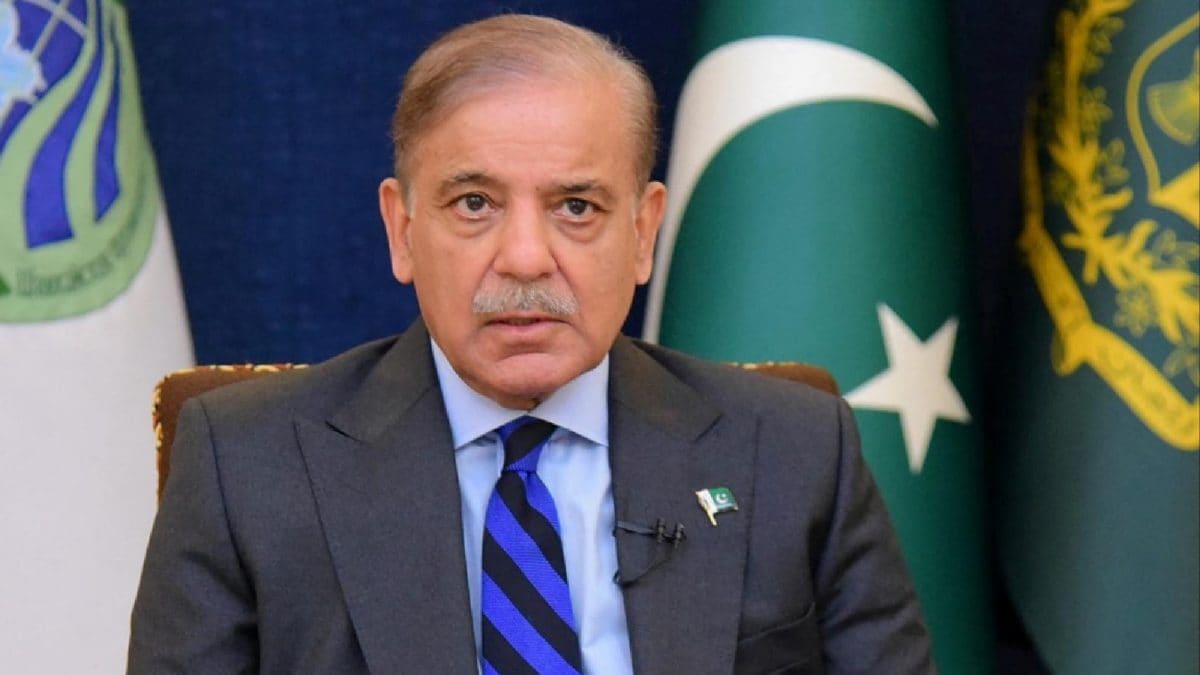Last Updated:May 17, 2025, 00:16 IST
The operation wasn’t just tactical success, says Spencer, but also 'a doctrinal execution under live fire'

Operation Sindoor was a modern war—fought under the shadow of nuclear escalation, with global attention, and within a limited objective framework, Spencer says. (File pic/PTI)
Operation Sindoor met and exceeded its strategic aims—destroying terrorist infrastructure, demonstrating military superiority, restoring deterrence, and unveiling a new national security doctrine—says John W Spencer, a retired United States Army officer, researcher of urban warfare, and author.
“This was not symbolic force. It was decisive power, clearly applied," says Spencer. “This wasn’t just tactical success. It was doctrinal execution under live fire."
Spencer serves as the chair of urban warfare studies at the Modern War Institute.
During his military career, he was an infantry platoon leader and company commander, including two combat tours during the Iraq War. In Iraq, Spencer served during the initial invasion in 2003 and later in 2008 during the Iraq War troop surge and the Battle of Sadr City. He was also assigned to Ranger School, Joint Chiefs of Staff, etc. Later, he became a fellow with the chief of staff of the Strategic Studies Group, until he moved to the Modern War Institute (MWI).
According to him, the following strategic effects were achieved by India through Operation Sindoor:
1. A New Red Line Was Drawn—and Enforced: Terror attacks from Pakistani soil will now be met with military force. That’s not a threat. It’s precedent.
2. Military Superiority Demonstrated: India showcased its ability to strike any target in Pakistan at will—terror sites, drone coordination hubs, even airbases. Meanwhile, Pakistan was unable to penetrate a single defended area inside India. That is not parity. That is overwhelming superiority. And that is how real deterrence is established.
3. Restored Deterrence: India retaliated forcefully but stopped short of full war. The controlled escalation sent a clear deterrent signal: India will respond, and it controls the pace.
4. Asserted Strategic Independence: India handled this crisis without seeking international mediation. It enforced doctrine on sovereign terms, using sovereign means.
The halt in operations is not the end of Operation Sindoor, says Spencer. According to him, it is a pause. India holds the initiative: if provoked again, it will strike again.
“Operation Sindoor was a modern war—fought under the shadow of nuclear escalation, with global attention, and within a limited objective framework," Spencer says. “And by every measure that matters, it was a strategic success—and a decisive Indian victory."
Location : First Published:News india Operation Sindoor Strategic Success, Decisive Indian Victory, Says Modern War Institute's John Spencer

 8 hours ago
8 hours ago


















